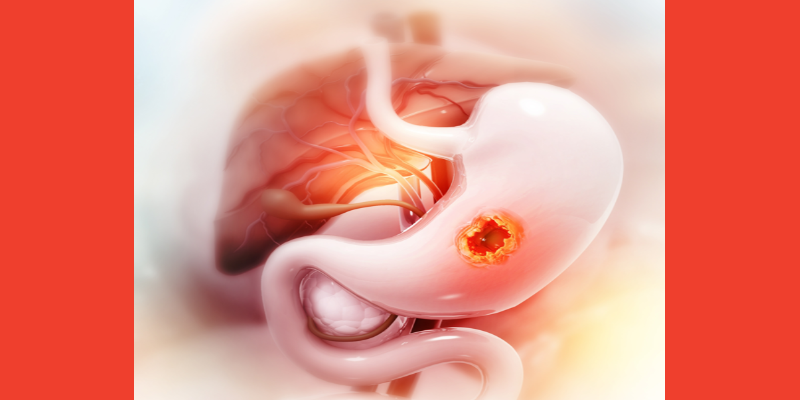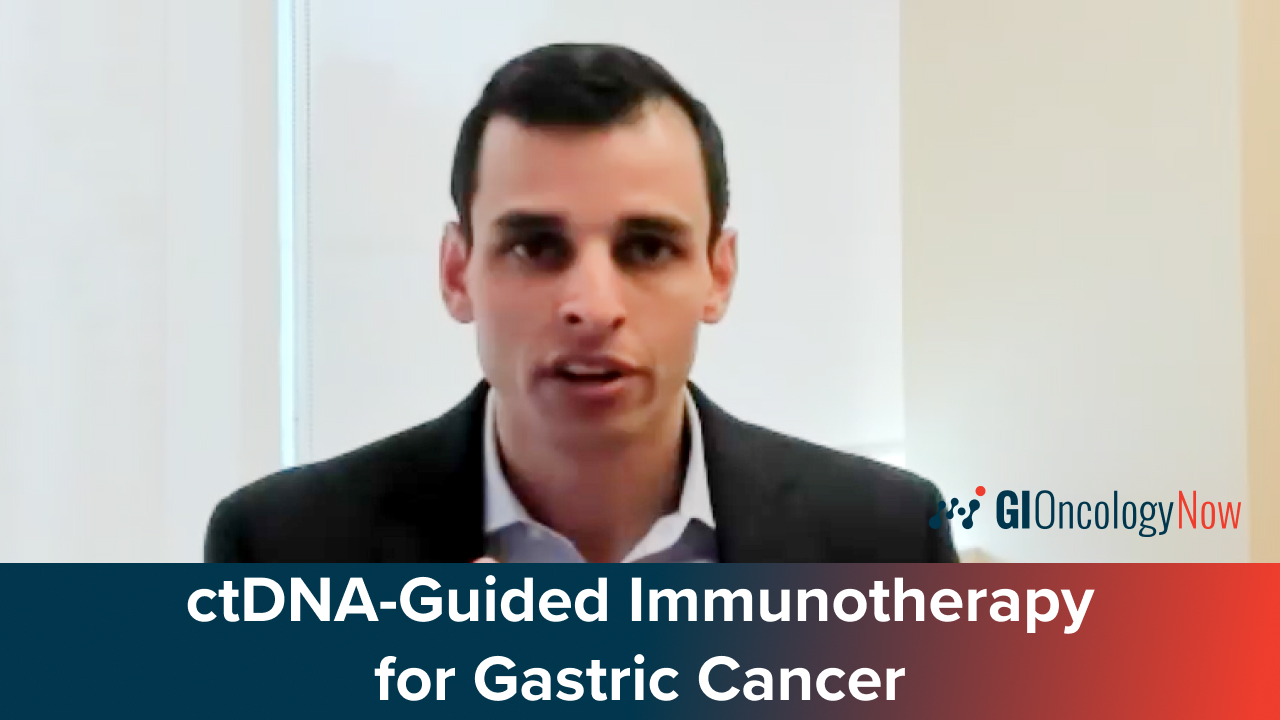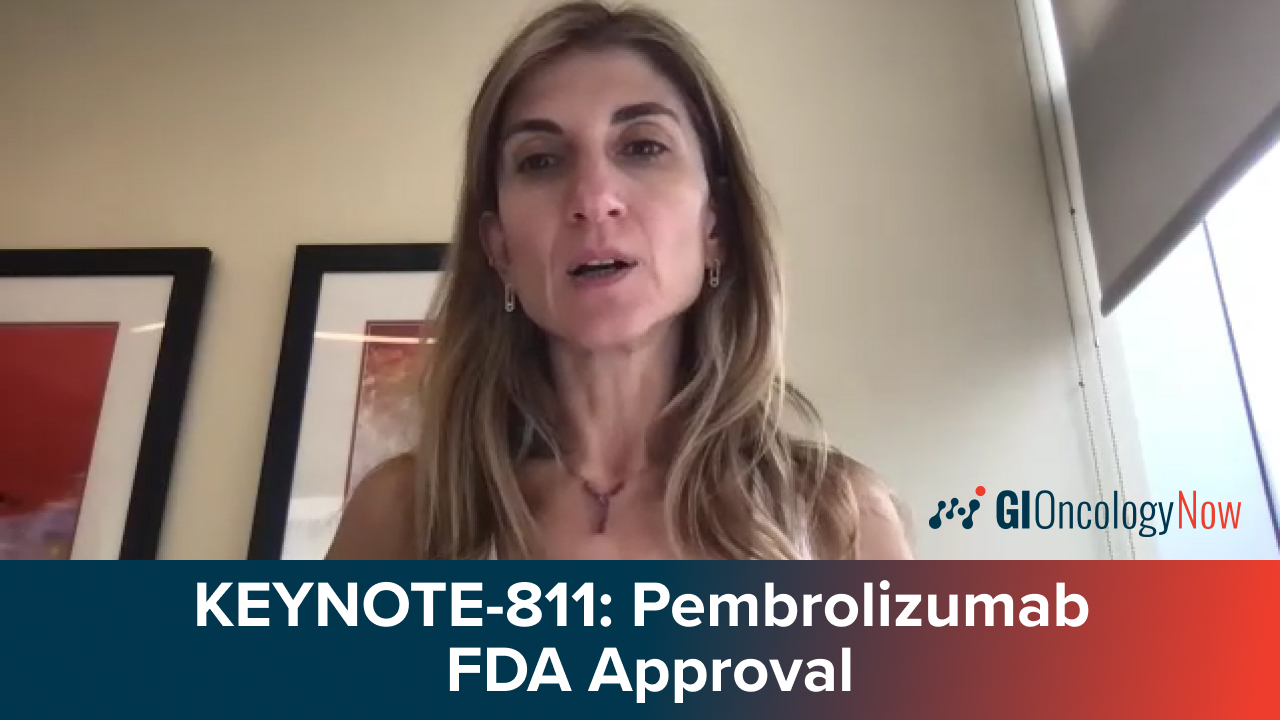
Patients with advanced HER2-negative gastric cancer (GC) and a programmed death ligand 1 (PD-L1) combined positive score (CPS) higher than 5 may experience improved prognosis through the use of first-line (1L) immune checkpoint inhibitors (ICIs) based on recent phase III trial data. However, these findings have not yet been confirmed in real-world settings.
To determine the efficacy and safety of ICIs in this patient population and to decipher the benefits of this treatment in patients with a PD-L1 CPS less than 5, a recent study utilized patient data from 13 medical centers in a biomarker analysis of 1L ICIs with and without chemotherapy for advanced GC.
The multicenter cohort study included 572 patients with advanced GC – 265 were treated with chemotherapy, while 308 were treated with ICIs plus chemotherapy. Data were analyzed using inverse probability of treatment weighting for matching, as well as univariate and multivariate COX proportional hazard regression models. Genomic and transcriptomic analyses were carried out to determine efficacy prognostic models and resistance mechanisms.
In the overall cohort and in HER2-negative patients, the combination of ICIs with chemotherapy was found to significantly improve progression-free survival (PFS) and overall survival (OS) without notable increases in severe adverse events.
Patients with a PD-L1 CPS 1 through 4 saw a significantly prolonged OS and a trend towards improved PFS with the combination treatment. ICIs also benefitted patients with unknown PD-L1 status.
SMARCA4 and BRCA2 mutations were more common in those who experiences responses, while CCNE1 and ZFHX3 alternations, alongside high “ABC transporters” signatures, were more common in non-responsive patients.
The use of 1L ICIs can prolong survival in patients with advanced GC, especially in those with PD-L1 and CPS 1-4. This research can also guide immunotherapy strategies through new insights into prognostic markers and resistance mechanisms.







 © 2025 Mashup Media, LLC, a Formedics Property. All Rights Reserved.
© 2025 Mashup Media, LLC, a Formedics Property. All Rights Reserved.